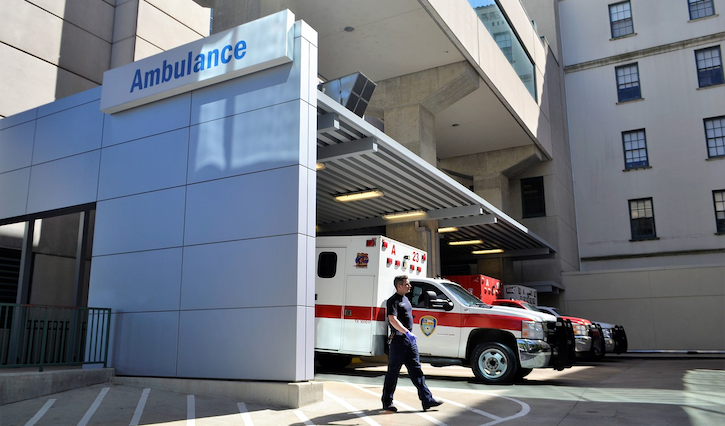Mednition Raises $10M for AI-Powered Clinical Decision Support Tool
The tech could improve triage accuracy and calm the chaos associated with emergency departments.

Mednition today announced it raised $10 million in Series A funding for its machine-learning solution KATE, which helps improve triage accuracy and operational efficiency.
The company aims to improve care delivery and will use the funding, led by Concord Health Partners, to expand its customer care team as it scales commercial deployment of KATE.
KATE alerts triage nurses to abnormalities and irregularities in care that need a second look. Mednition’s Clinical Data Engine powers the technology, which combines clinical expertise and literature from more than 10 billion data points. KATE predicts the acuity of emergency department patients.
What’s more, the machine-learning technology can integrate with a health system’s electronic health record.
“Concord is focused on identifying and supporting healthcare companies with innovative solutions that lower costs, improve safety and expand access to quality healthcare,” said James Olsen, M.S., founder and managing partner of Concord Health Partners. “Mednition hits our criteria and is already using machine learning to advance healthcare where it’s most critical, at the point of care with emergency department clinicians and patients.”
Adventist Health White Memorial in Los Angeles partnered with Mednition in 2016 to research machine learning to support clinical decision-making. The medical center has been using KATE since 2018 when a study found that the technology could improve triage accuracy by 26.9% for every patient presenting at their emergency department. KATE also improved triage accuracy by up to 93.2% for high acuity patients, researchers found.
The study and its findings are currently in peer-review, Mednition noted.
“Using KATE, we have documented increased clinical accuracy, patient safety and operational efficiency, while using the same processes and existing EHR systems,” said Mara Bryant, MBA, operations executive at Adventist Health White Memorial. “Our nurses see KATE as a critical new machine learning-powered tool, like an expert advisor who increases their accuracy, ensures patients received the right care at the right time and helps calm the chaos frequently associated with triage.”
Get the best insights in digital health directly to your inbox.
Related
FDA Clears Aidoc's AI Solution for Triage of Cervical Spine Fractures
Healthy Bottom Line: The Trouble With SDOH Programs and the Secret to Improving Them
September 28th 2021Several problems exist with current programs that address social determinants of health (SDOH); however, a new social model aims to combat these issues and improve the programs’ effectiveness.